Houthis continue to destabilise the Red Sea amid fresh attack on Israel from Iraq
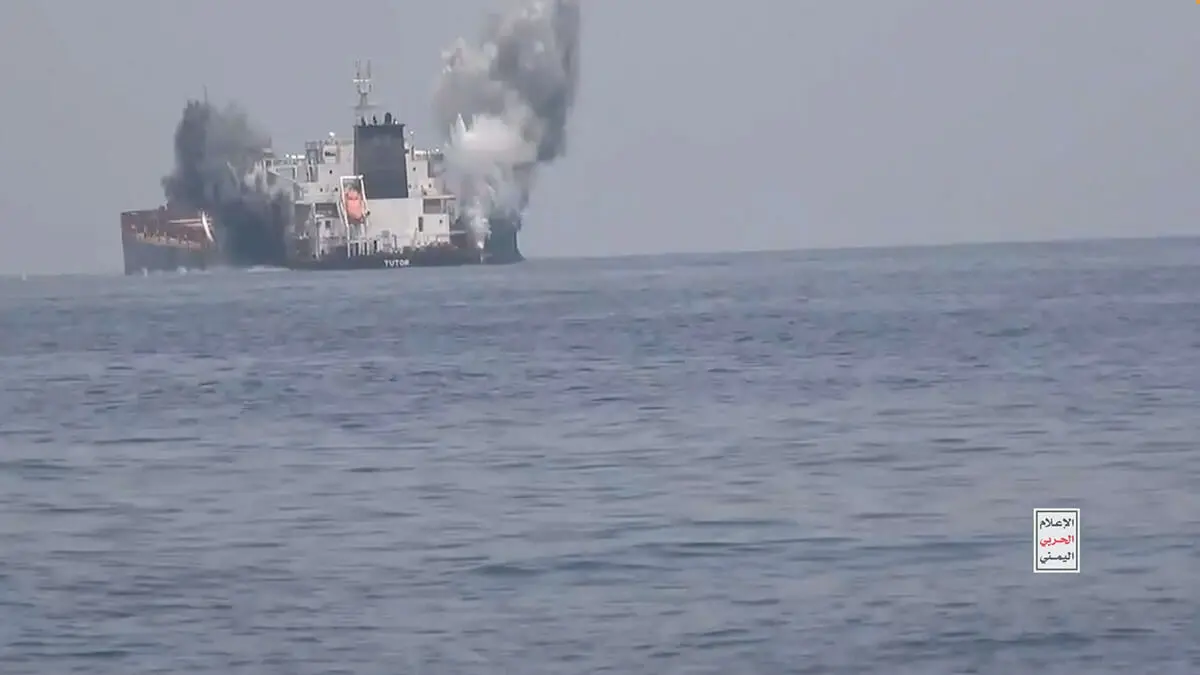
The Houthis are continuing their offensive against commercial ships in the Red Sea after the sinking of the Liberian-flagged Greek-owned Tutor a few days ago. The attack on the ship, the second to be sunk during the Yemeni rebels' campaign against shipping in the region, marks a new escalation by the Iranian-backed militia amid the withdrawal of the USS Dwight D. Eisenhower aircraft carrier.
The carrier, which led the US response to Houthi threats, has left the region after more than seven months. In its place, as reported by US officials, the USS Theodore Roosevelt - currently in the Pacific - will depart for the Middle East to maintain Washington's presence in the region.
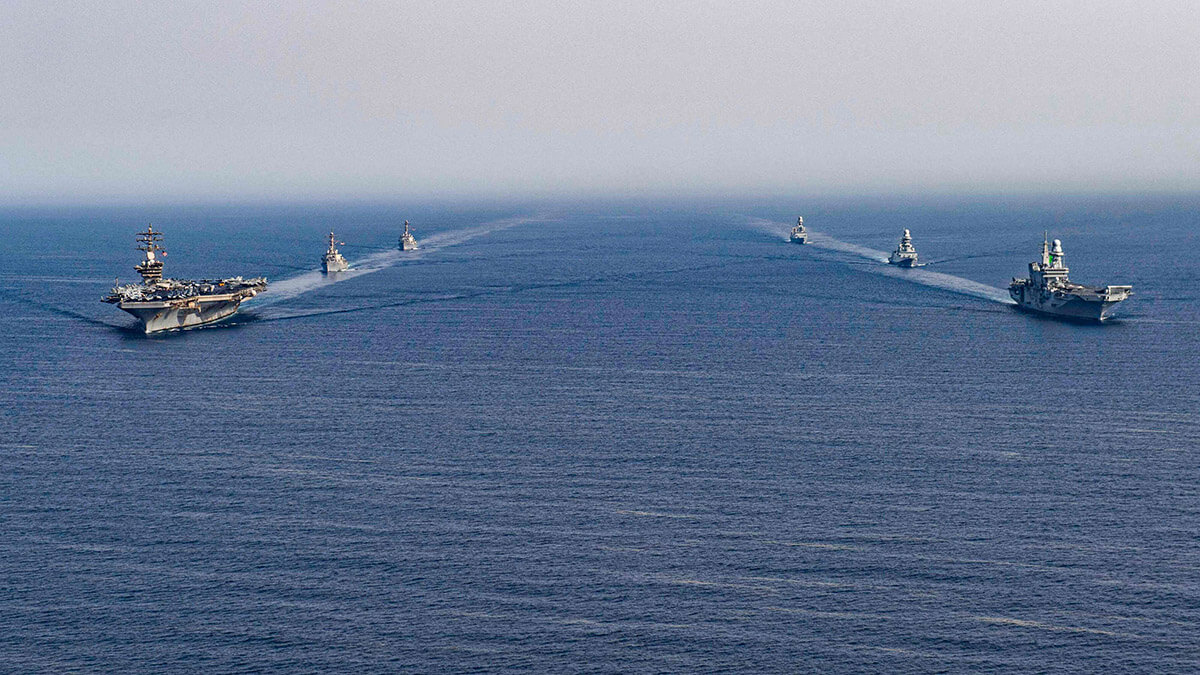
The USS Theodore Roosevelt's arrival in the Middle East coincides with rising tensions between Israel and the Tehran-affiliated Lebanese Shi'ite militia Hezbollah, which is raising fears of a full-scale war that could trigger a regional conflict.
Following the withdrawal of the USS Dwight D. Eisenhower, the Houthis have continued their attacks on ships transiting the Gulf of Aden. Yemeni rebels even claimed to have hit the US aircraft carrier, a claim denied by Washington.
In the last few hours, the British Army's UK Maritime Trade Operations (UKMTO) centre reported an incident off the coast of Aden. According to UKMTO, the captain "of a merchant vessel reported that a missile hit the water very close to the vessel". "The crew are safe and the ship is on its way to its next port of call," UKMTO added.
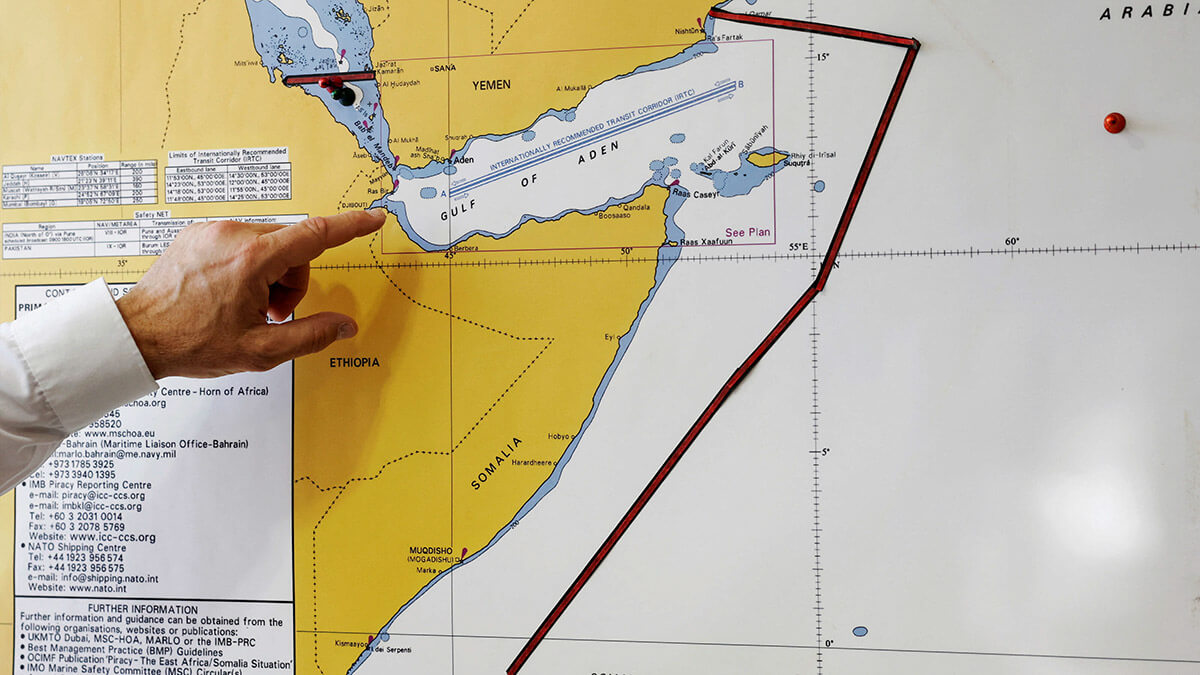
Over the weekend, British authorities also claimed that the captain of a ship attacked on Friday night saw "explosions in the vicinity of the vessel".
According to an AP count, the Houthis have launched more than 60 attacks on ships using missiles and drones that have killed a total of four sailors. Yemeni rebels have also captured one ship and sunk two since November.

The Houthis have maintained that their attacks target ships linked to Israel, the US or the UK. However, many of the ships attacked have no connection to these nations or to the Israeli-Hamas war.
Moreover, US-led airstrikes against Houthis since January have left at least 16 dead and 42 wounded, according to Yemeni rebels.

Houthi threats also extend to the air as the rebels seized commercial planes bringing Hajj pilgrims back to the country, according to Yemen's internationally recognised government.
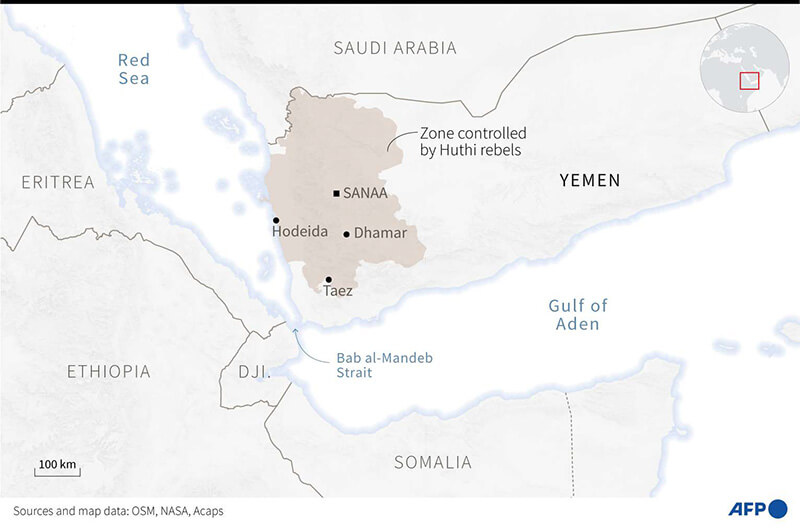
"The Houthis stopped four planes at Sana'a international airport and prevented their return to Jeddah airport to transport pilgrims from our country who wanted to return to Sana'a," minister Mohammed Shabiba wrote on his social media. "I call on our honourable pilgrims to settle in their homes until the return of the planes hijacked by the Houthi terrorist militia," he added.
This Houthi escalation coincides with a new attack on Israel launched by pro-Iran militias in Iraq. According to the Israeli army, a drone "landed off the coast of Eilat" on the Red Sea, prompting the activation of anti-aircraft sirens in the area. The drone "was monitored by soldiers throughout the incident and did not cross into Israeli territory," the army said.
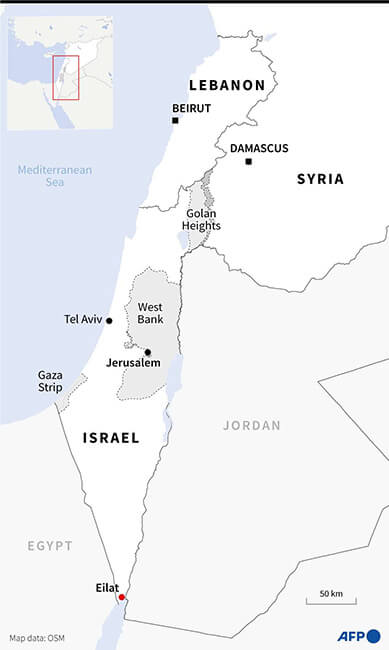
The Houthis have also attacked Eilat with drones and missiles in the past, although all were intercepted. However, this attack was claimed by an Iranian-backed group known as the Islamic Resistance in Iraq. This militia, as well as Yemeni rebels, began what they call "joint operations" against Israel months ago over the war in the Gaza Strip.










